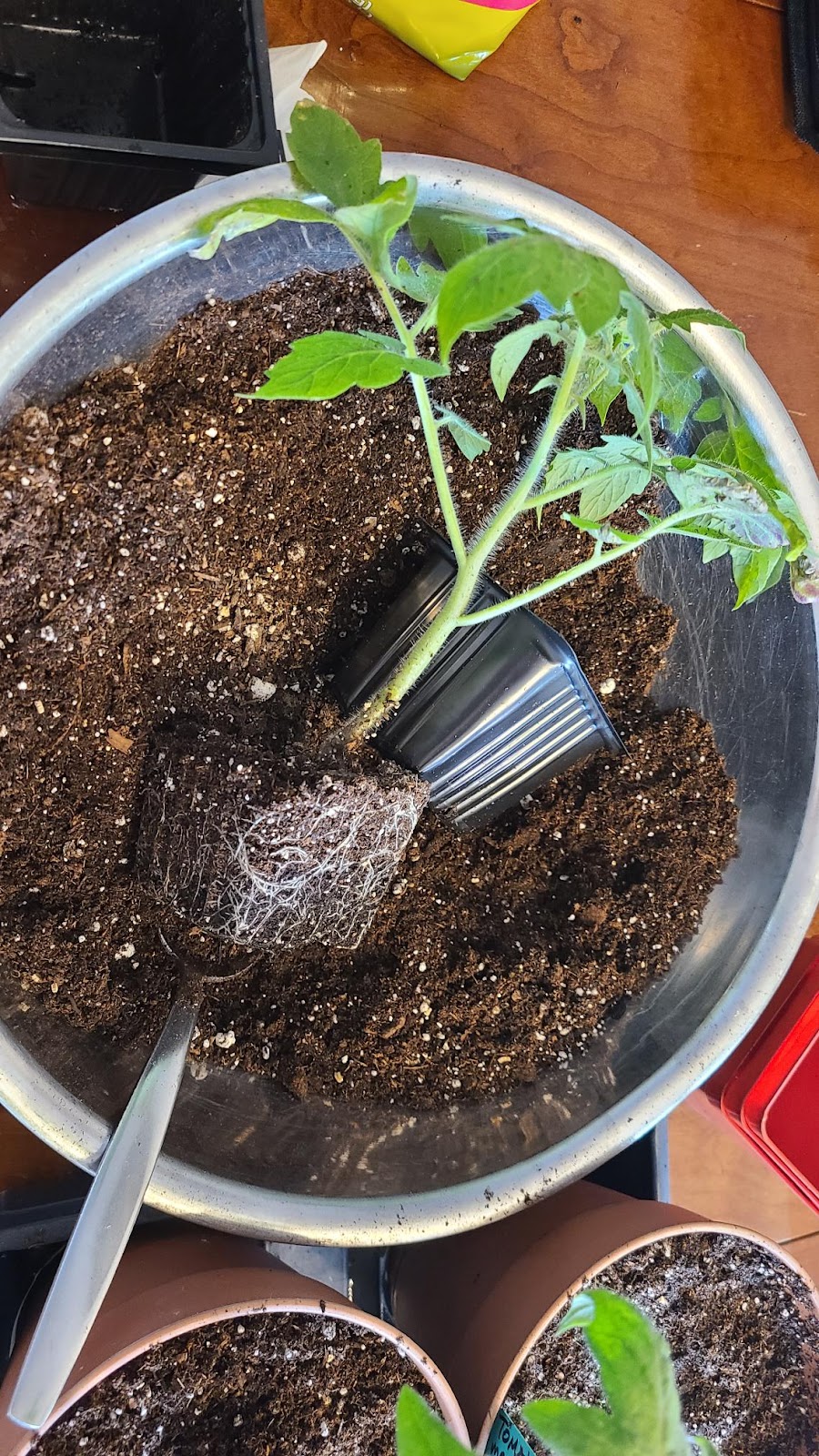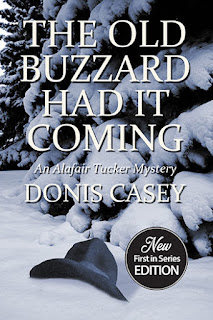by Catherine Dilts
This isn’t about outfitting for winter sports. The topic is
the much more treacherous and risky activity of introverted authors making public
appearances. Authors who regularly speak in public might find my experience
amusing. To those of us suffering social awkwardness, the anxiety is real. I
offer a few suggestions at the end.
Just last month, I participated in the Pikes Peak Writers Winter Bash. A
couple dozen authors gathered for a combination party and book signing. Being
among friends and acquaintances was fairly low stress. Other than the being in
public part.
 |
| I shared a table with my critique group |
How did I gear up for the event? Gathering books, deciding what to wear, fixing a treat to share, finding a novel for the book exchange. Simple tasks. It was the mental prep that was daunting. I had only attended as a non-author, years ago. I didn’t know what to expect as far as attendance. As the venue filled, I made myself move around instead of hiding behind our table loaded with books. I spoke to strangers.
It's part of my effort to engage in marketing and publicity.
For years, I used having a full-time day job and family responsibilities as my
excuse. I didn’t have time. In the spirit of “these books aren’t going to sell
themselves,” I have committed to stretch myself. For a set period. Not for the
rest of my life. Let’s see how it goes. Is it worth the time I could spend
writing?
I joined the Sisters in Crime Colorado chapter’s book club.
This pushes me to interact with other authors in a non-threatening way. I get
to read books I wouldn’t otherwise pick up. The monthly meetings are via Zoom. And
in April, my daughter and I will be in the spotlight with Grandpa’s New Year’s Relocation. Again, it’s
a sympathetic crowd, and I know most of the folks already. Here’s the January
novel up for discussion:
April is also when the Pikes Peak Writers Conference takes place. I’ve attended off and on for many years. It’s like a family reunion in a way. Once a year might be the only time I see some of these folks. They are my kind of nerds.
 |
| Pikes Peak Writers Conference 2025 |
Big breath. The final planned event for 2026 is Malice Domestic. I attended over ten years ago. The conference is wonderful, and the people are great. I was, nevertheless, very stressed out. This time, I’m going with my co-author daughter. I’m gearing up by reminding myself that readers want to meet authors, authors want to network, and everyone wants to have a good time.
Methods for coping with social anxiety:
Pick low-pressure, friendly activities to ease yourself into
public events. Check out a local writing group’s meetings, attend a small conference
with friends, or have a book-signing in a familiar venue.
Lower the pressure on yourself by having realistic
expectations. The event won’t make or break your career. Rare few people have
sold their novel to a big publisher their first time out at a conference. Only
already famous authors sell hundreds of books at book signings.
Give yourself the option to escape. At a conference, hiding
in your room for a bit is acceptable. In a meeting, leaving to catch your
breath shouldn’t require explanation.
These are your people. If you’re an author, people should
expect a certain amount of artistic oddness. Don’t be self-conscious about your
brand of creative madness.
If it makes you miserable, Don’t Do It. If I derived no
pleasure from attending conferences or being involved in writing groups, I
would save myself the time and money and stay home.
My final bit of advice is to recharge your creative
batteries. I plan to do that in 2026 by going on more camping trips. Getting
outside, touching grass, and connecting to nature.




























